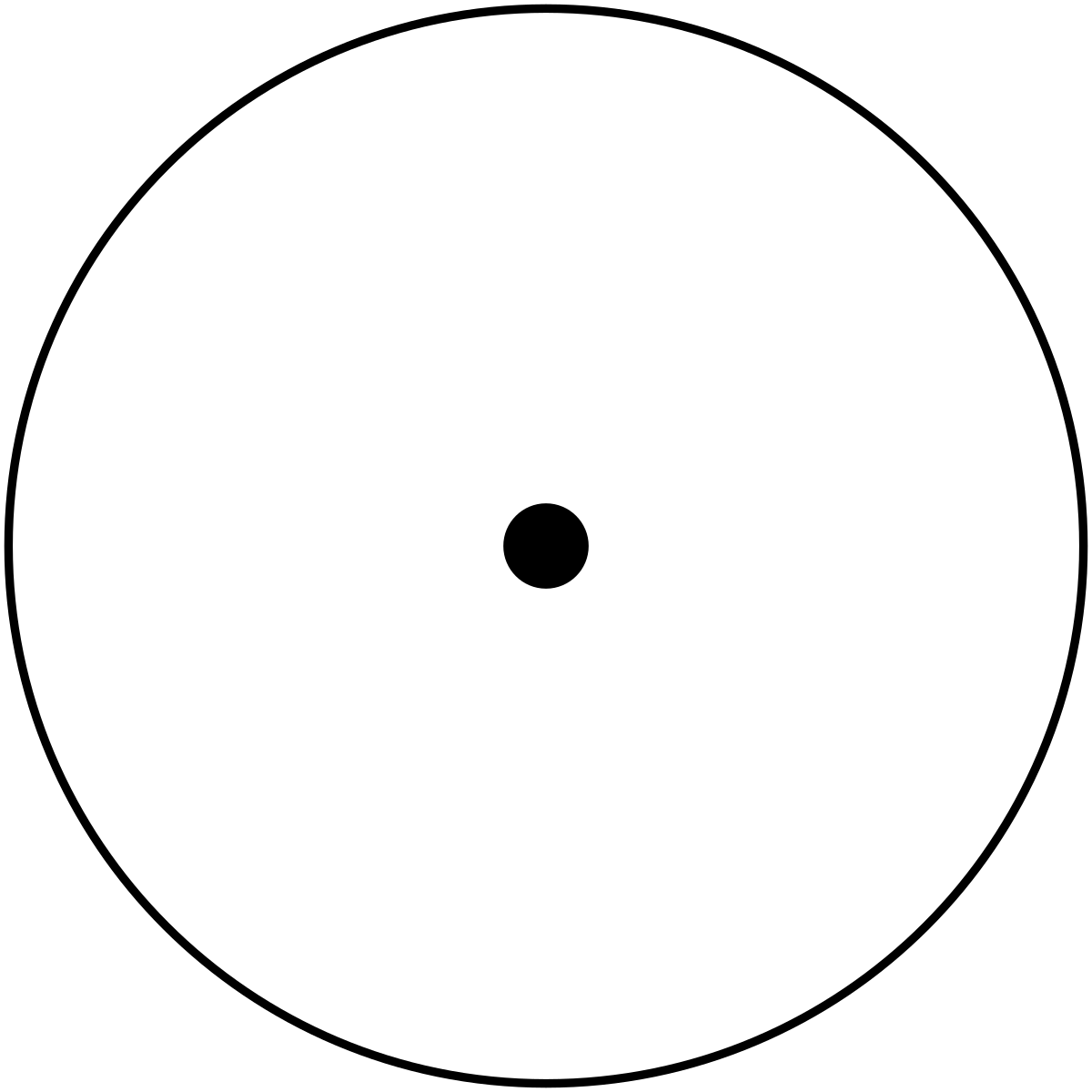Here are 3 key takeaways from the article “Is Everything One? Islam and Monism”:
Monism as the Core of New Age Thought
The New Age movement is built upon the philosophy of monism—the belief that all reality, including God, nature, and the self, is ultimately one. This worldview erases distinctions between Creator and creation, drawing inspiration from Advaita Vedanta, Kabbalah, Buddhism, and Taoism.Theological Tension with Islam
While Islam affirms God’s nearness (immanence), it upholds divine transcendence and the ontological separation between Creator and creation. Tawḥīd asserts God’s uniqueness without collapsing Him into the world. Thus, equating God with creation undermines revelation, worship, and moral accountability.Contrasting Epistemologies
New Age spirituality privileges personal experience and self-divinisation as sources of truth. In contrast, Islam places revelation and prophetic guidance at the center, with reason and intuition operating within those boundaries. Whereas New Age dissolves distinctions to resolve alienation, Islam addresses human longing by affirming both God’s closeness and His absolute otherness.
The New Age movement presents itself as a spiritual alternative since 1960s. Though diffuse and eclectic, its philosophical core is anchored in a distinct metaphysical claim: monism. This is the belief that all of reality such as God, self, nature, and consciousness is ultimately one. According to this view, difference is not fundamental but illusory. The multiplicity of creation conceals an underlying unity that is absolute.
This position draws heavily from Advaita Vedanta, Jewish Kabbalah, certain currents of Buddhism, and Taoist metaphysics. Within this framework, individual identity is not permanent. Instead, it is a temporary expression of a single, universal essence. The language used in New Age thought reflects this flattening of metaphysical distinction. Statement by Rhonda Byrne such as “You are God in a physical body. You are Spirit in the flesh…” are not rhetorical flourishes; they are taken as literal descriptions of reality. Divinity, in this system, is not transcendent and separate but rather immanent and identical with existence itself.
The Law of Attraction is one of the movement’s most notable practical manifestations of spirituality, and it stems from this belief in unity, especially monism. The belief that all facets of life are interrelated is the foundation of practices like yoga, meditation, energy healing, reiki, and sound-based techniques like fork tuning. It treats the body, mind, and spirit as distinct manifestations of the same energy reality. According to this perspective, spiritual development aims to bring one into alignment with their own inherent divinity rather than submitting to a transcendent deity. Realising the divine nature inside, clearing auras, or awakening to chakras are ways to gauge growth. The self is a part or manifestation of the divine itself, not a servant of God.
This metaphysical vision, while compelling to many, poses significant theological challenges from an Islamic standpoint. Islām affirms divine immanence (Qur’ān 50:16), but it does so without negating divine transcendence (Qur’ān 42:11). The doctrine of tawḥīd, the unification of God, does not entail monism. It affirms the uniqueness and singularity of God in His Essence, Attributes, and Actions, but it also maintains a clear ontological separation between the Creator and the creation. The Qur’ān is explicit on this point: “There is nothing like unto Him” (Qur’ān 42:11). Any worldview that equates the Creator with the created undermines the very structure of revelation, moral responsibility, and worship.
Moreover, the New Age reliance on subjective spiritual experience as a primary source of truth stands in tension with the Islamic emphasis on revelation and prophetic guidance. In Islām, reason and intuition are valid tools, but they operate within the boundaries set by the revelation. The self is not the final authority; it must be aligned with God’s Will (irādah).
New Age thought reverses this order. It places the self at the center and interprets the divine through personal experience. While the New Age movement rightly critiques the spiritual emptiness of materialist culture, its metaphysical solution overcorrects. It responds to alienation by dissolving the boundaries between self and cosmos. Islām offers a different response: God is near, aware, and compassionate but He remains entirely distinct.
Leave a comment
Your email address will not be published. Required fields are marked *



